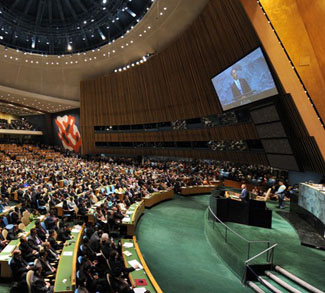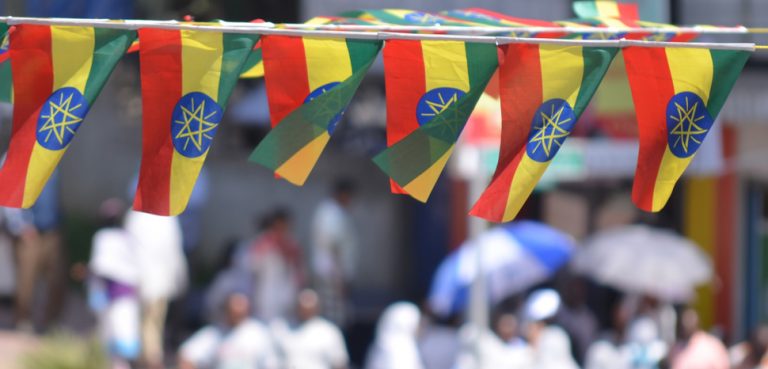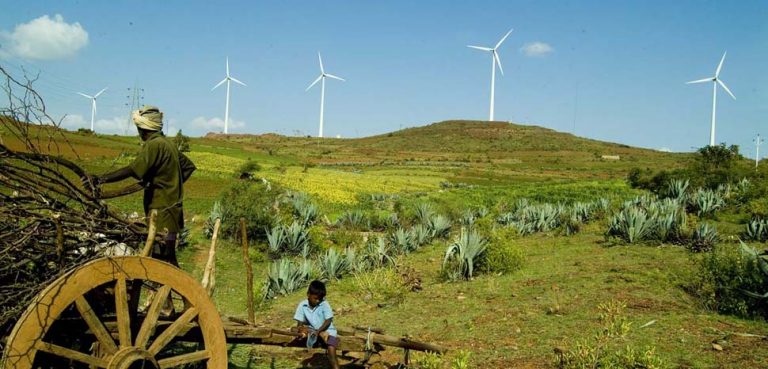Following his ascension to the position of prime minister, Abiy Ahmed’s commitment to enact a series of lofty reforms designed to modernize Ethiopia’s economy has attracted a considerable amount of foreign direct investment into the country. Recent figures suggest that Ethiopia alone accounts for over 33% of all FDI within East Africa. With recorded FDI inflows reaching $3.3 billion USD in 2018, the Ethiopian Investment Commission, a governmental body, has projected an increase of up to $5.1 billion USD in attracted investment. While China, India, and the United States continue to make up a significant portion of that total FDI figure, other investors have taken note. In particular, commitments have come from France, the UAE, and Saudi Arabia.
The renewed bullish attitude toward Ethiopia’s growth is the product of a number of early and swift reforms spearheaded by the Ahmed government. Ahmed’s popularity abroad has sparked an unprecedented level of optimism for Ethiopia, known colloquially as “Abiymania.” Perhaps the most noteworthy initiative for foreign investors thus far includes privatization efforts of state-owned entities operating in key industries, including telecommunications, energy, and aviation.
With such precious infrastructure in the state’s grip, coupled with a regulatory regime laden with red-tape, the climate for entrepreneurship has ebbed. The unemployment rate stands at 19%, with youth unemployment accounting for half of that figure. With the population growing at nearly 2.5% annually, and over 40% of the population comprising of Ethiopians under the age of 15, job creation remains imperative if Ethiopia is to attain a demographic dividend. Hence, recent efforts by Ahmed’s government to boost entrepreneurship are specifically aimed at stemming the country’s chronic brain drain and retaining trained professionals who, in the absence of meaningful reform, would have sought opportunities abroad.
Such optimism has renewed hopes that the Ethiopian economy can continue along the trajectory of industrialization and cull the country’s historical reliance on the agricultural sector, which employs nearly 70% of the country’s workforce. Ethiopia’s textile and garment industry in particular has attracted corporate investment from global brands such as H&M and Calvin Klein. The ongoing US-China trade dispute could bode well for Ethiopia, as more textile MNCs seek to shift their supply chains outside of China. Prior reform efforts to diversify the economy faltered as the result of an unwavering tradition of statist intervention that entrenched state-owned monopolies in critical sectors, ranging from banking to telecommunications.
Ethio Telecom, which has retained a complete monopoly of the industry, is expected to be partially sold or perhaps forced to compete with new foreign entrants. Such an opportunity will provide investors with the chance to enter a burgeoning market that presently boasts 66 million customers, with FDI expected to aid in the shoring up of Ethiopia’s depleting foreign currency reserves. Similarly, the decision to privatize Ethiopian Airlines, oft-cited as the most successful national airline in Africa, contributes to Ahmed’s vision of bolstering Ethiopia’s standing as a major air-based transit hub, as demand for passenger travel and cargo transport increases across the continent.
The sentiments of foreign investors are further informed by the remarkable growth of the Ethiopian economy at-large, with the IMF projecting GDP to grow by 8.5% during the 2018-2019 fiscal year. While the prospects of economic liberalization, buoyed by Ahmed’s proclivity for privatization, has excited investors, so too has Ethiopia’s steadfast commitment to funding infrastructure projects and securing access to ports. In an effort to alleviate the landlocked country’s overreliance on maritime trade via the port of Djibouti, Ahmed’s government has clinched deals that provide Ethiopia with equity stakes or access through ports and facilities in Sudan, Kenya, and Somaliland. Ahmed’s intrigue with diplomacy has led to roles that include playing peacemaker in Sudan and mediating an ongoing maritime border dispute between Kenya and Somalia
In spite of such victories and initiatives, Ahmed’s path toward modernizing Ethiopia has not been free of complications. A landmark peace deal inked last year between Ethiopia and neighboring Eritrea was designed to forge economic cooperation between the countries. However, implementation of the accords has stalled and uncertainty over whether the deal will survive has thwarted Ethiopian benefits, which included ending a decades-long border conflict and gaining access to Eritrean ports.
Other Ahmed-led initiatives, such as the freeing of thousands of political prisoners, earned the charismatic leader media attention and international goodwill. Ahmed’s efforts to combat graft and restructure the country’s security apparatus have fueled opposition within military ranks. An assassination attempt last June, coupled with the recent coup attempt that resulted in the death of the pro-Ahmed army chief, portends escalating conflict. The breakneck speed of reforms undertaken by Ahmed now seems poised to sow discord among Ethiopia’s fragile multiethnic society. Given that the ringleader of the recent coup attempt, General Asamnew Tsige, was a freed prisoner who had his military rank reinstated by Ahmed, there exists an argument that the prime minister has become a victim of his own peacebuilding gestures.
The attempted coup and uptick in ethnic violence has compelled the government to retract some reforms. In a bid to quell growing tensions, the government resorted to familiar tactics, such as ordering Ethio Telecom to shutdown internet and text messaging services across the country. That Ahmed’s government is dependent upon the continued unification of the Ethiopian People’s Revolutionary Democratic Front, a coalition of 4 ethnic-based parties, is a fact not lost on observers. Investors and analysts alike will pay close attention to next year’s election, which may face delays due to burgeoning ethnic conflict that has uprooted families and seen the sprouting of ethnically-aligned militias, developments that have earned the country comparisons to Balkanization.
The next few months will be Ahmed’s biggest test yet. It remains to be seen whether the optimism of foreign investors will sour, given recent events. The country’s internal strife remains fluid, but the government’s recent about-face is a tacit recognition of the need to tame liberalization. With Ethiopia’s future hanging in the balance, Ahmed’s ability to promote unity and curtail opposing factions within the political and military establishment will be integral to the country’s development efforts.
Arman Sidhu is an American educator and political writer based in Phoenix, Arizona. His work has previously appeared in The Diplomat, Mic, Economic & Political Weekly, openDemocracy, and the Foreign Policy Journal, among others.




